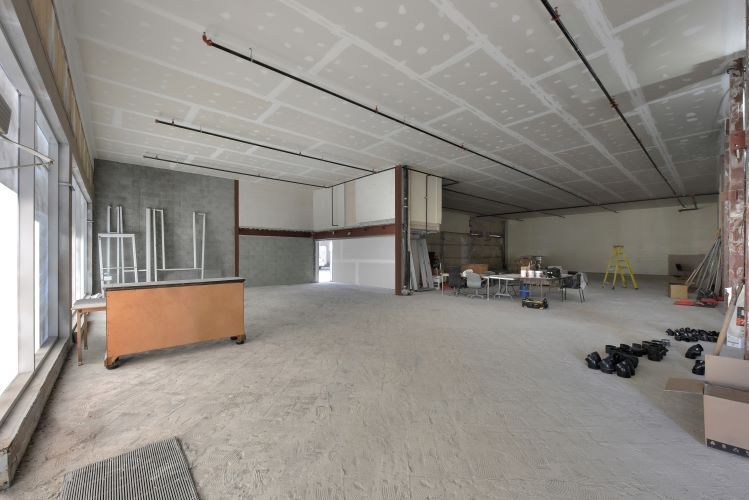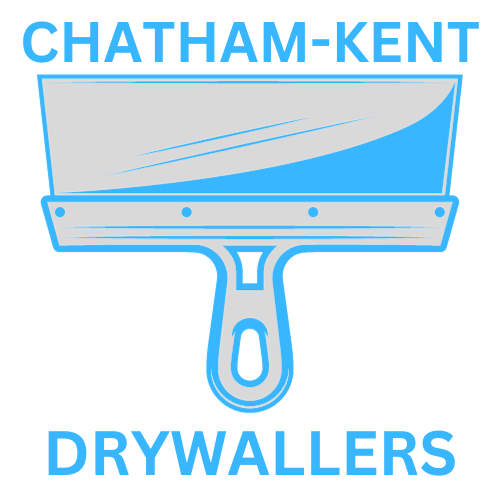A Guide to Different Types of Drywall Materials

Drywall, also known as gypsum board or plasterboard, is a crucial building material used in construction for creating walls and ceilings. It provides a smooth, durable surface that can be easily painted or decorated. However, not all drywall is the same, and there are several types available, each with its own unique properties and applications. In this article, we'll explore the different types of drywall materials commonly used in construction projects.
1. Standard Drywall:
Standard drywall, also known as regular drywall or gypsum board, is the most commonly used type of drywall. It consists of a gypsum core sandwiched between two layers of paper. Standard drywall is available in various thicknesses, typically ranging from 1/4 inch to 5/8 inch. It is suitable for most interior applications and provides a smooth, paintable surface for finishing.
2. Fire-Resistant Drywall:
Fire-resistant drywall, also known as Type X drywall, is specially formulated to provide increased fire resistance. It contains additives such as glass fibers and other fire-retardant materials that enhance its ability to withstand fire. Fire-resistant drywall is commonly used in areas where fire safety is a concern, such as garages, utility rooms, and stairwells.
3. Moisture-Resistant Drywall:
Moisture-resistant drywall, also known as green board or blue board, is designed to withstand high humidity and moisture levels. It is commonly used in areas such as bathrooms, kitchens, and laundry rooms where moisture is present. Moisture-resistant drywall features a water-resistant gypsum core and moisture-resistant paper facing that helps prevent mold and mildew growth.
4. Soundproof Drywall:
Soundproof drywall, also known as acoustic drywall, is designed to reduce noise transmission between rooms and improve sound insulation within a building. It is typically manufactured with additional layers of gypsum and viscoelastic polymers that absorb and dampen sound vibrations. Soundproof drywall is commonly used in areas such as home theaters, recording studios, and bedrooms to create quieter and more comfortable spaces.
5. Impact-Resistant Drywall:
Impact-resistant drywall is engineered to withstand physical impacts and is commonly used in high-traffic areas prone to damage. It features a reinforced fiberglass mesh embedded within the gypsum core, providing increased resistance to dents, scratches, and other forms of impact damage. Impact-resistant drywall is commonly used in schools, hospitals, and commercial buildings where durability is essential.
6. Mold-Resistant Drywall:
Mold-resistant drywall is designed to resist mold and mildew growth, making it ideal for use in areas with high humidity and moisture. It features a special gypsum core and paper facing treated with mold inhibitors to prevent mold and mildew from proliferating. Mold-resistant drywall is commonly used in basements, bathrooms, and other damp areas where mold growth is a concern.
In conclusion, there are several types of drywall materials available, each with its own unique characteristics and applications. Whether you need standard drywall for general interior construction or specialized drywall for fire resistance, moisture resistance, soundproofing, impact resistance, or mold resistance, Chatham-Kent Drywallers has the expertise and experience to meet your needs. Contact us today to learn more about our drywall services and discover how we can help bring your project to life.
You might also like



